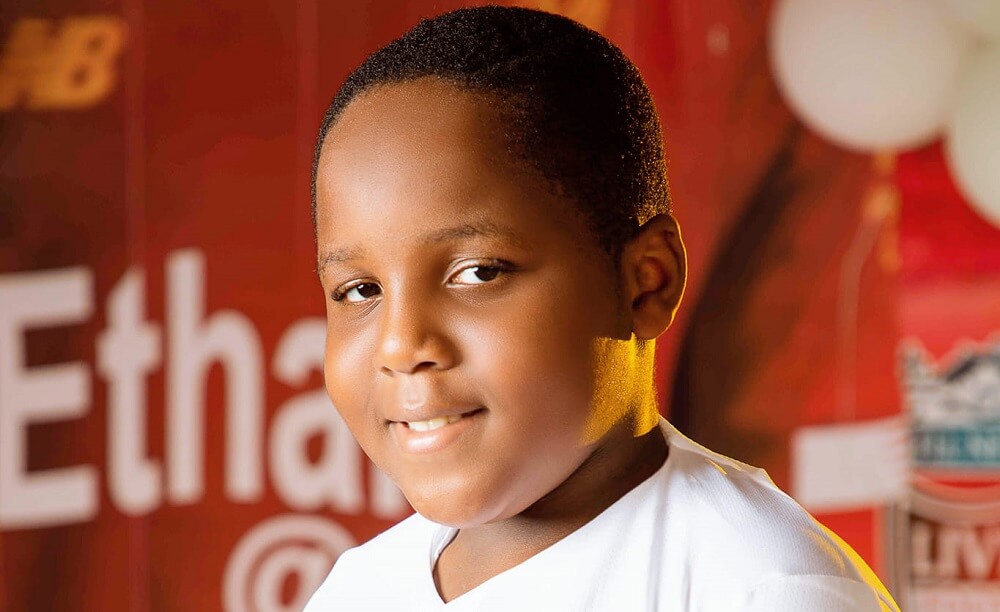Children’s Day: Why AI Shouldn’t Raise Our Kids

Artificial Intelligence (AI) is one of the most powerful innovations of our time.
For teenagers like myself, especially in a generation some have unfairly labelled the “not-smart” generation, AI can be a useful tool.
It helps with learning, creativity, and staying informed. But when it comes to young children, I believe AI can do more harm than good.
People often argue against AI, and while I think some of those arguments don’t apply to older kids or teens, they make more sense when we consider how AI affects younger children.
This generation is full of potential. Innovation-wise, it may be the most advanced we’ve ever seen.
But the problem lies not with the technology.
It has to do with how we’re raised and how that technology is used. I believe improper upbringing, not AI itself, is the bigger issue.
I’m not saying we should raise kids exactly the way African parents do, but we can’t deny that African children are often more disciplined than their Western counterparts. That’s because African parents tend to limit what their kids are exposed to, especially when it comes to technology, and this often helps them grow with stronger values.
This brings me to my main point that AI should not be a big part of a young child’s life.
Yes, AI is amazing.
But children should only be introduced to it gradually and under close supervision.
Giving young children unrestricted access to AI-powered tools, apps, or devices can be risky.
Imagine a six-year-old already questioning their sexuality.
Some people may say it’s just part of growing up, but it’s also possible that the content they’re consuming through AI and other technology is influencing their thoughts in ways they’re not mature enough to understand.
This is not about judging anyone; it’s about recognising that young minds are vulnerable.
AI doesn’t know your child’s age. It doesn’t ask, “Are you old enough to see this?”
It just gives you what you ask for or what it thinks you want, and that could be dangerous.
Children need to reach a certain level of maturity and self-control before they can handle that responsibly.
Another issue is addiction.
AI can make content so engaging that kids become glued to their screens. It could isolate them from their families and the real world.
For instance, tomorrow, May 27, is Children’s Day and instead of a child spending time with their family members, they could be suck on their phone.
Excessive screen time also affects physical health. Too much exposure can lead to eye problems at an early age and result in the child having to use glasses as they grow older.
Don’t get me wrong, AI is very useful to children, even at my age.
My major target in this opinion piece is just to say AI isn’t the best for very young children. It affects children in many ways and is one of the reasons for the stupid theory that our generation is the most undeveloped in general.
-Ethan, a 13-year-old, wrote from Abuja
Children’s Day: Why AI Shouldn’t Raise Our Kids is first published on The Whistler Newspaper





